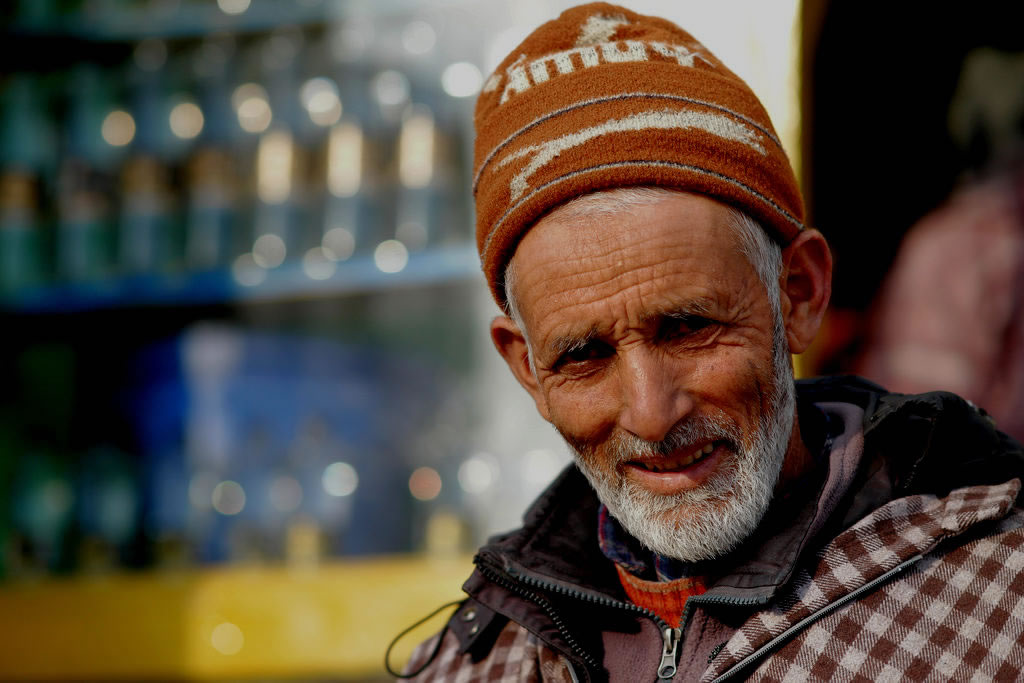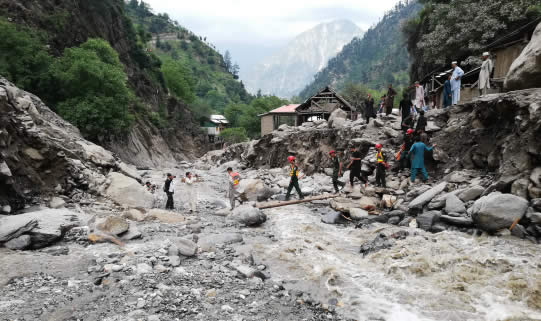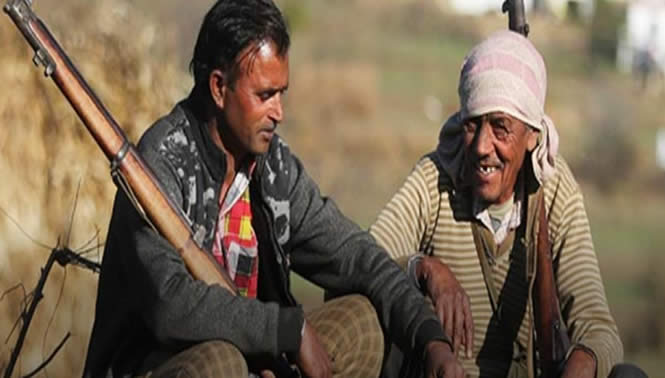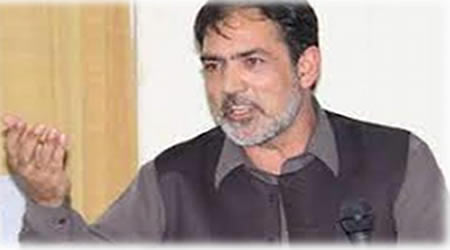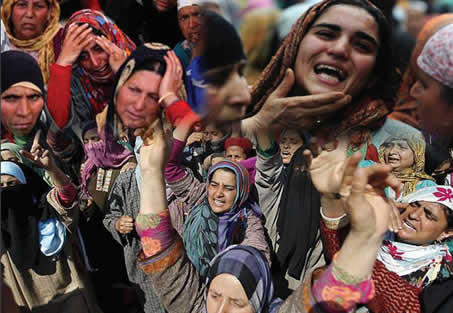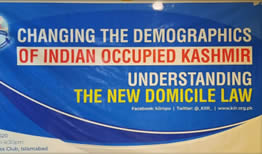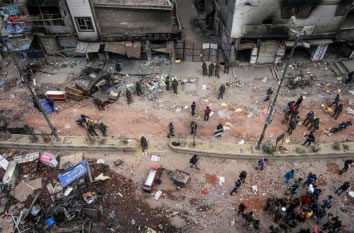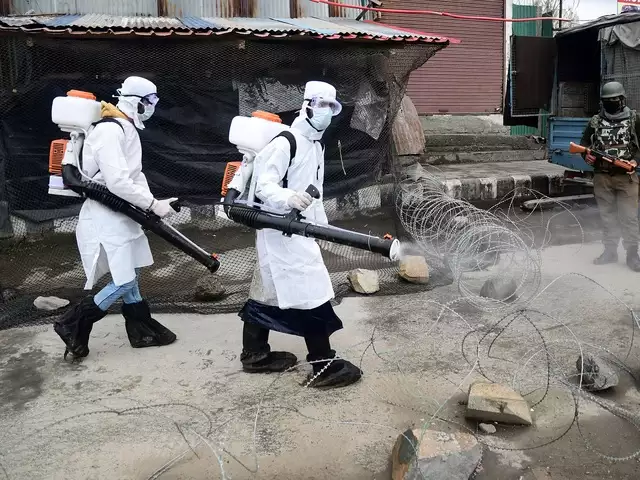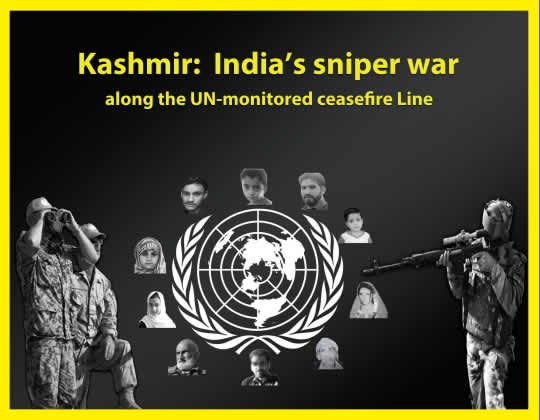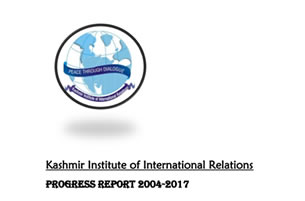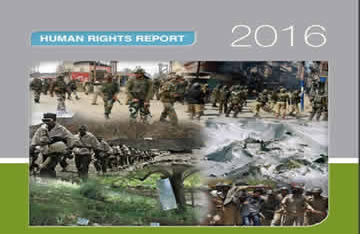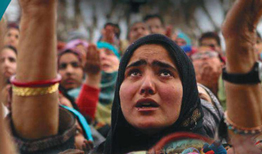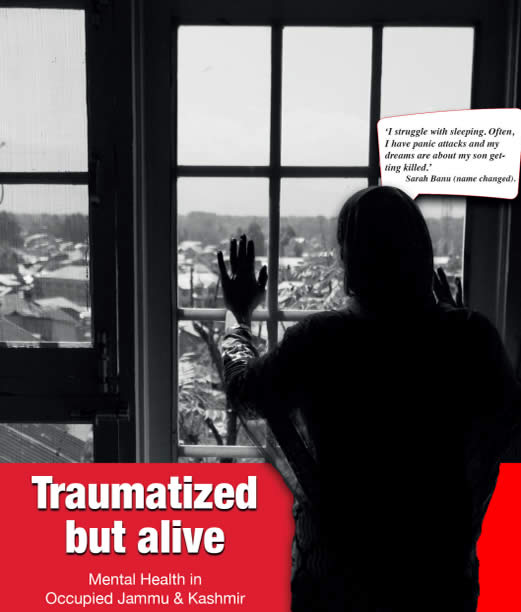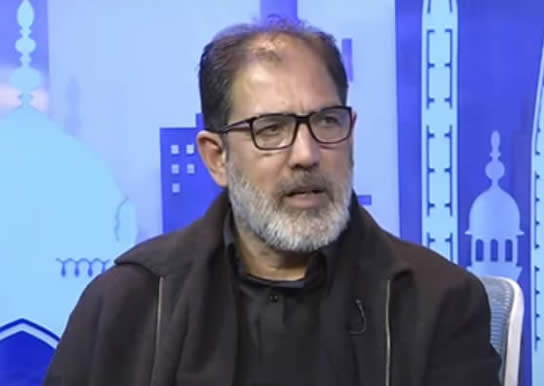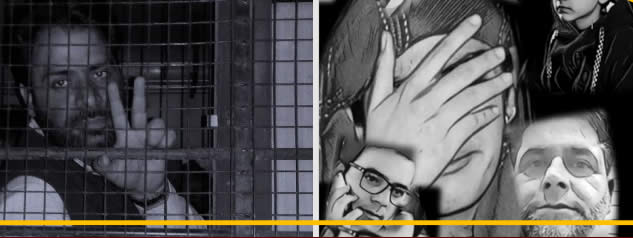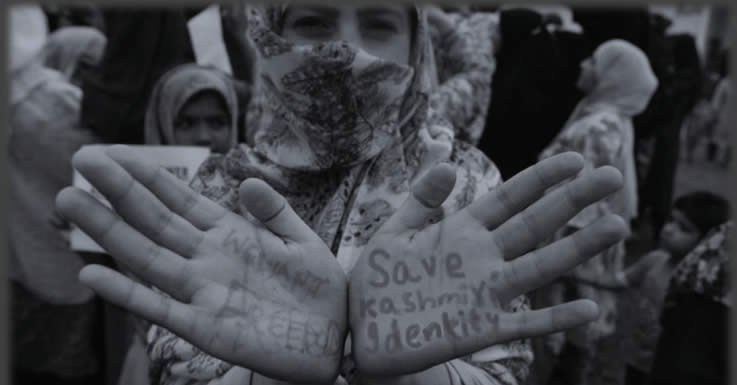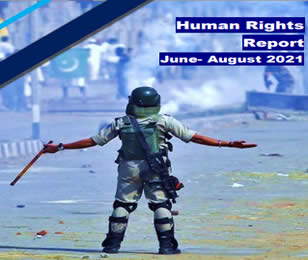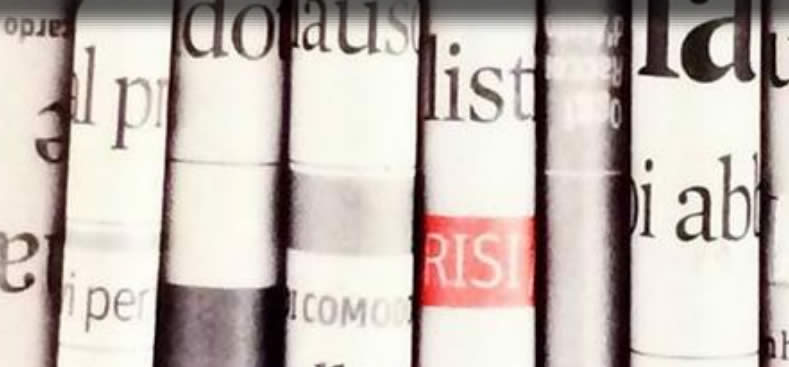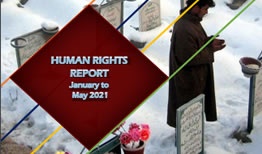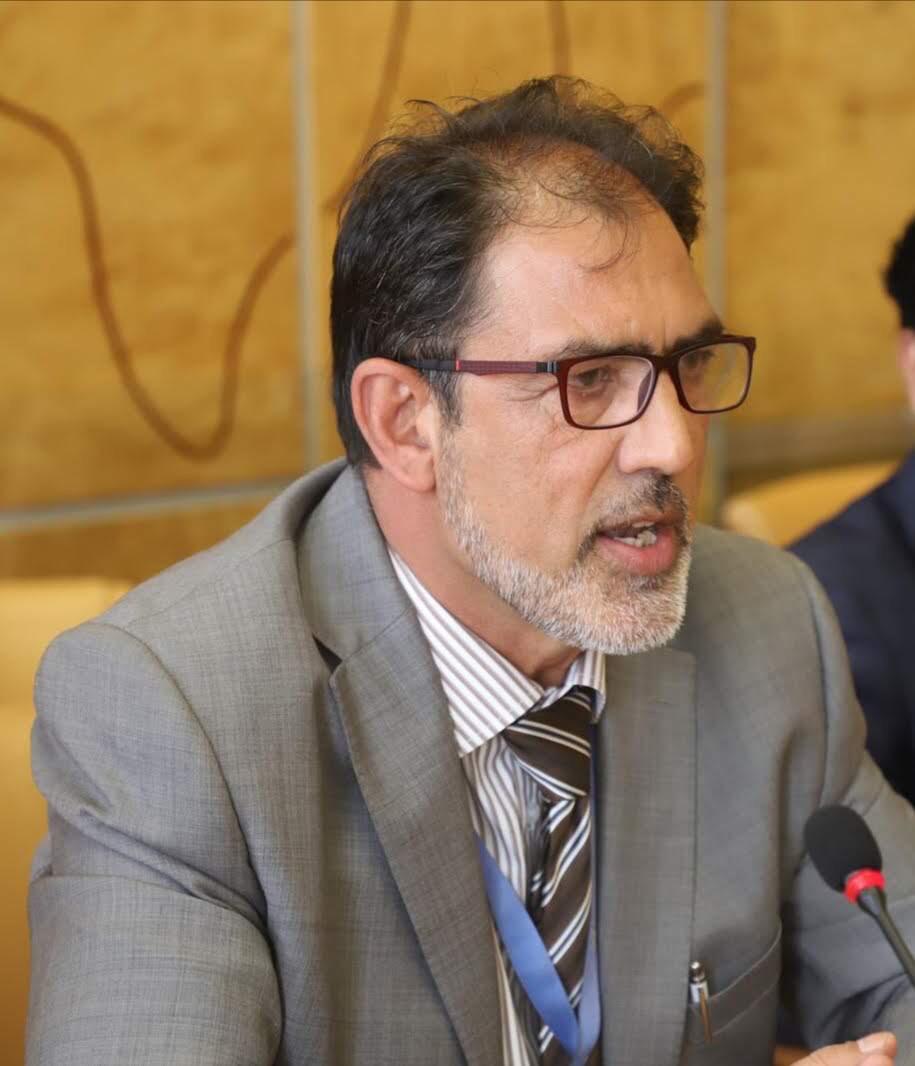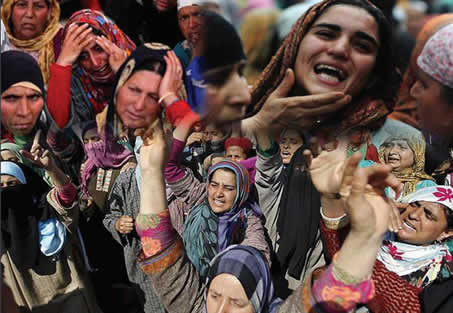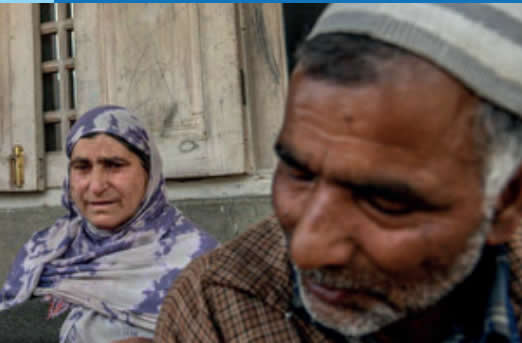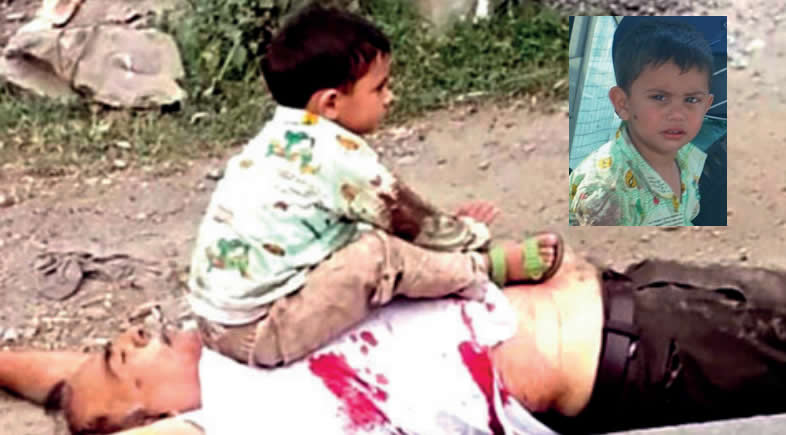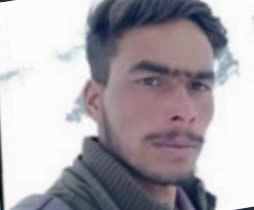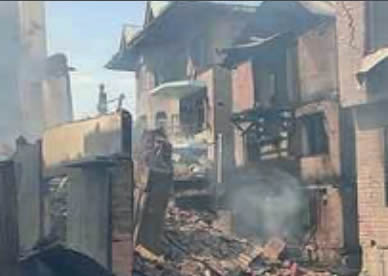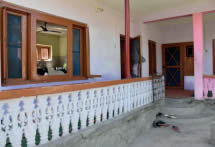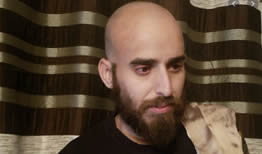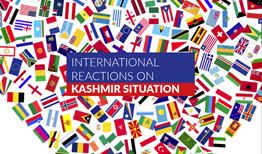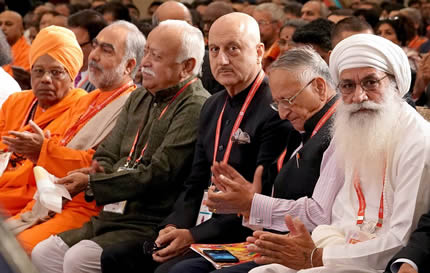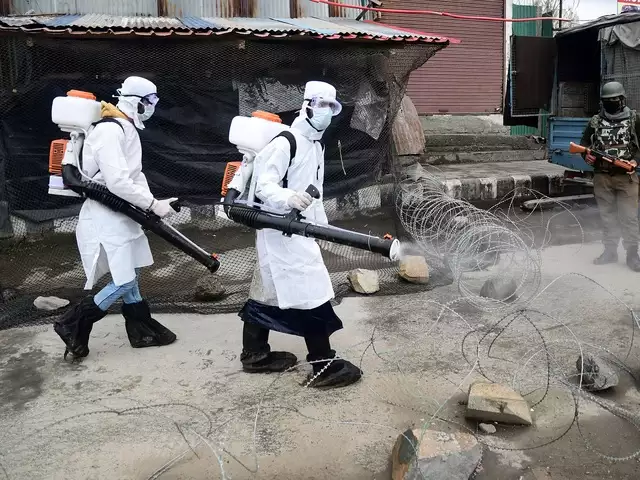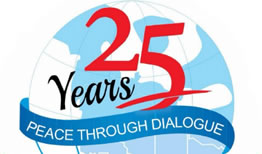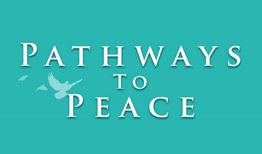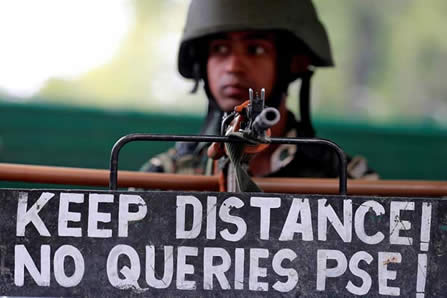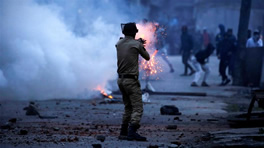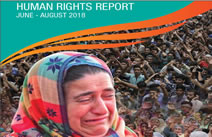The Slow Execution of Ayub Mir : Silenced Sufferings of Kashmiri Political Prisoners
The Slow Execution of Ayub Mir : Silenced Sufferings of Kashmiri Political Prisoners
In a dim cell in Kot Bhalwal Jail, 63-year-old Muhammad Ayub Mir is fighting for his life. He has stage three stomach cancer. Yet, he was denied proper medical care until his condition became critical. He now needs urgent blood transfusions, but support is scarce. For 22 years, Mir has been behind bars. His only “crime”? Supporting the UN-recognized right of Kashmiris to self-determination. This is not just one man’s tragedy. It is a window into the brutal treatment of Kashmiri political prisoners across Indian-occupied Jammu and Kashmir. Over 5,000 Kashmiris remain imprisoned, many without fair trials, many on trumped-up charges. Families can’t visit. Lawyers are obstructed. Even basic healthcare is denied.
Kot Bhalwal Jail, where Mir is held, is overcrowded and crumbling. It holds nearly a thousand inmates, far beyond capacity. Most are Kashmiri Muslims. Medical care is almost nonexistent. An official report found critical equipment missing and medical staff grossly inadequate. Yet prisoners, some elderly, some seriously ill, are left to suffer in silence. Inside, the reality is cruel. Inmates are stripped, humiliated and locked in solitary cells. Days turn into months. Months into years. Mental health breaks down. Dignity is destroyed. These are not just prisoners, they are symbols. They represent people’s resistance to occupation. That is why they are being,broken.
Dr. Polly Thappa, the jail’s medical officer, has been named repeatedly for her callous behavior. She has ignored medical emergencies. Her bias against Kashmiri detainees is well-known. This is not negligence. It is a calculated act of state cruelty. The goal is not just punishment, it is submission. Transferring prisoners far from home is another deliberate tactic. It severs family ties. It disrupts legal access. It isolates and demoralizes. Human rights organizations have condemned this, but the Indian state remains defiant. The message is clear: resistance will be crushed, even in the prison hospitals.
Ayub Mir’s story is a warning. This is not justice. This is vengeance. He did not ask for violence. He asked for a voice, for which, he was silenced. For decades. Now, cancer is doing what the prison could not. The world cannot look away. These prisoners are not forgotten footnotes. They are living proofs of the price Kashmiris pay for demanding freedom. India must be held to account. The United Nations must act. The jail walls may be high, but the truth must break through.
Ayub Mir is not alone. And he must not die unheard.
Related Reports
